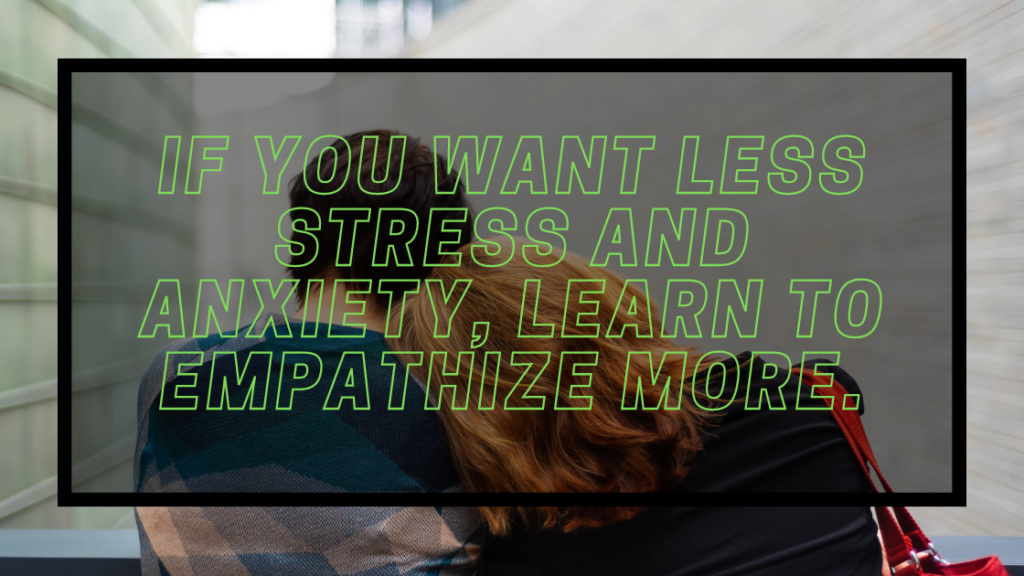
What is stress?
We hear the word often, but let’s get clear on what it actually is and how it affects the body. Stress is a strain or a tension that is either emotional, mental, or physical. When the body encounters an emotional, mental, or physical threat – stress, it produces a stress response intended to help you fight or flee to neutralize the threat. This natural stress response sets off alarms in the body to trigger a release of the hormones adrenaline and cortisol to aid your fight or flight. The Mayo Clinic (2021) explains the affects of adrenaline and cortisol:
Adrenaline increases your heart rate, elevates your blood pressure and boosts energy supplies. Cortisol, the primary stress hormone, increases sugars (glucose) in the bloodstream, enhances your brain’s use of glucose and increases the availability of substances that repair tissues.
Cortisol also curbs functions that would be nonessential or harmful in a fight-or-flight situation. It alters immune system responses and suppresses the digestive system, the reproductive system and growth processes. This complex natural alarm system also communicates with the brain regions that control mood, motivation and fear.
Once the threat has been neutralized, the hormones dissipate and the blood pressure and glucose return to normal. The problem of chronic stress is that the body stays in a near constant state of alarm and is always ramping up our bodily systems for fight or flight. Over time, the effects of increased adrenaline and cortisol overwhelm normal bodily functions. Take a look at the disfunction that can result from an overexposure of the stress hormones (Mayo Clinic, 2021).
- Anxiety
- Depression
- Digestive problems
- Headaches
- Muscle tension and pain
- Heart disease, heart attack, high blood pressure and stroke
- Sleep problems
- Weight gain
- Memory and concentration impairment
Let’s face it, stress is a silent assassin. We’ve all heard someone exclaim, “This job is killing me with stress!” While it may sound like an exaggeration, there’s truth behind it. Chronic stress is linked to the six leading causes of death, including heart disease, cancer, suicide, cirrhosis of the liver, lung ailments, and accidents. A staggering 75% of emergency room visits and doctor appointments can be attributed to stress-related issues. So, when your friend claims stress is killing them, it’s time to take it seriously.
We all have our share of stressful situations, and unfortunately, it’s become all too common in our lives. But what if I told you that there’s a way to stress less and find solace more often? It’s as simple as learning to empathize.
Empathy: A Path to Less Stress and Depression

Being empathetic means being able to understand and share the emotional experiences of others. But empathy doesn’t end there. It also involves responding in a helpful manner.
Imagine your coworker burdened with an overwhelming workload, visibly stressed and incapable of meeting a tight deadline. You recognize her emotional turmoil and decide to offer some words of encouragement, acknowledging her exceptional productivity and commendable work ethic.
By expressing empathy, you not only uplifted her spirits but also alleviated her stress. And here’s the fascinating part – science tells us that you, too, will experience reduced stress, anxiety, and depression.
When we empathize with someone’s negative emotions, our innate instinct is to offer support and aid. In doing so, we instinctively recognize that we are separate from their situation, sparing ourselves from directly experiencing their emotional stress. While we wholeheartedly understand and connect with our coworker’s turmoil, we maintain a protective barrier that shields us from being engulfed by the same emotional intensity.
Dr. Jamil Zaki, a psychology professor and director of the Social Neuroscience Laboratory at Stanford, explains that empathy allows us to see beyond our differences and overcome prejudice or bias. These negative emotions trigger a stress response in our bodies, but empathy disarms them.
Dr. Zaki further reveals that empathy enhances relationships and boosts workplace success. Research demonstrates that empathetic individuals develop better emotional self-regulation by accurately discerning the emotions of others. So, by incorporating more empathy into your life, you not only benefit others but also unlock a world of reduced stress and enhanced peace of mind.
Stress may be lurking around every corner, but empathy can be your secret weapon. By understanding and responding empathetically to others’ emotions, you create a ripple effect of support and relief. As you offer solace to others, you find solace within yourself. So, let’s embrace empathy and embrace a life with less stress and more tranquility.
What are your thoughts on empathy alleviating stress?
I’d love to hear from you. Comment below and subscribe to The Empty Nest.
Shereece
